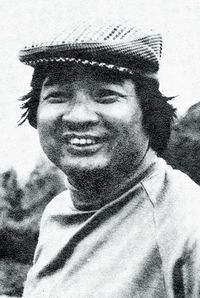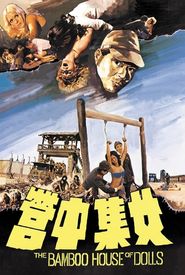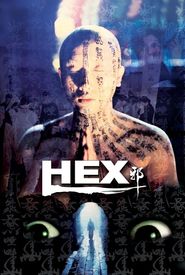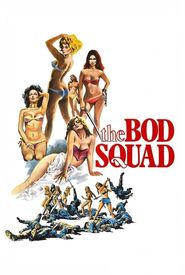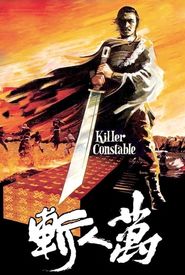Kuei Chih-Hung, a cinematic trailblazer and visionary filmmaker, entered the world on December 20, 1937, and left an indelible mark on the world of cinema before departing this mortal coil on October 1, 1999.
Throughout his storied and illustrious career, which spanned multiple decades, Kuei Chih-Hung had the distinction of directing an impressive array of over 40 films for the prestigious and renowned Hong Kong-based Shaw Brothers Studios.
Kuei's cinematic style was characterized by a penchant for bold experimentation, marked by a willingness to push boundaries and challenge conventions through innovative use of realistic, on-location shooting techniques, often incorporating gritty and controversial subject matter that sparked lively debates and discussions.
His films, a testament to his versatility as a filmmaker, traversed a wide range of genres, including the hard-boiled crime drama, exemplified by The Teahouse (1974) and its sequel, Big Brother Cheng (1975),which showcased his ability to craft compelling narratives that captivated audiences.
Kuei Chih-hung, a renowned filmmaker, made a lasting impact on the wuxia genre with his timeless masterpiece, Killer Constable, released in 1981. This iconic film is a testament to his innovative storytelling and cinematic prowess.
In addition to his influential work in the wuxia genre, Kuei's foray into the realm of horror resulted in a pair of cult classics that continue to captivate audiences to this day. The Killer Snakes, released in 1975, is a gripping and suspenseful tale that showcases Kuei's ability to craft compelling narratives.
Furthermore, his 1980 film, Hex, is a prime example of his skill in weaving complex and intriguing storylines that keep viewers on the edge of their seats.
Kuei's artistic approach stands out from that of his peers due to his resolute dedication to authenticity in his narrative techniques. He consistently incorporated nuanced social commentary into his work, even in projects geared towards a broader audience, thereby drawing attention to critical issues affecting society, such as the plight of residents living in public housing, the pervasive problem of police corruption, and the oppressive nature of colonial government rule.
